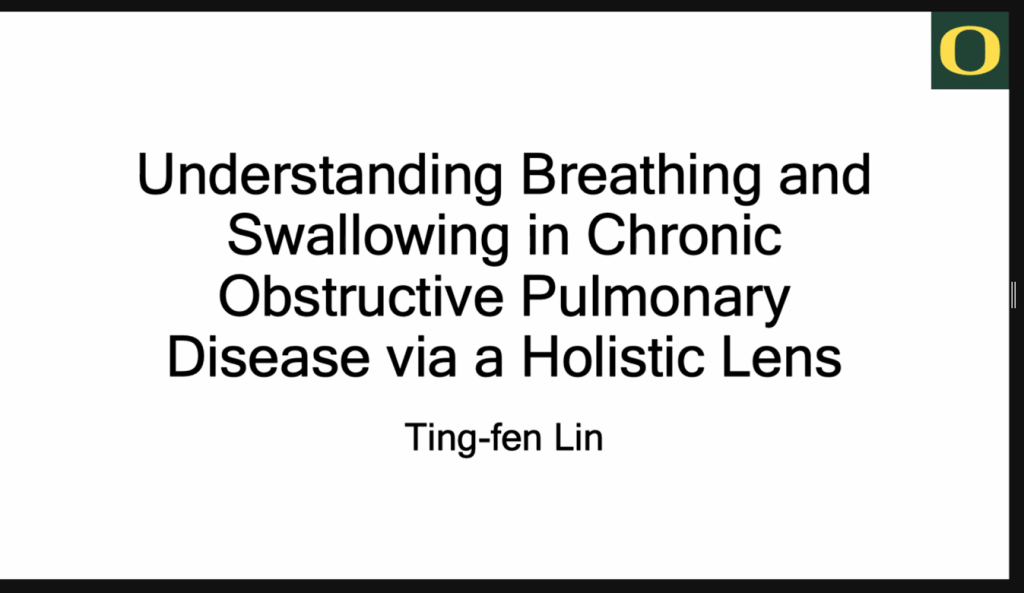Swallowing difficulties, also known as dysphagia, are common among older adults. To keep eating safe, healthcare providers often recommend diet changes, such as softer foods or thickened liquids. While these modifications reduce choking risk, they can also make eating less enjoyable and decrease how much a person eats and drinks. Over time, this can lead to dehydration, malnutrition, and faster health decline, especially for older adults.

Many older adults also face food insecurity, meaning they don’t always have enough nutritious food due to financial limitations, mobility challenges, or living in areas with limited grocery options (“food deserts”). When swallowing problems and food insecurity overlap, it creates significant risks for both health and quality of life.
One major concern is dehydration. Thickened drinks are often recommended to prevent aspiration (liquid entering the lungs), but many people dislike them and drink less. Inadequate hydration can trigger urinary tract infections, confusion, kidney issues, and general weakness. Lack of fluids and poor nutrition can also worsen swallowing difficulties, creating a cycle that’s hard to break.
For caregivers, these challenges can be overwhelming. Preparing safe meals often involves extra steps—blending, chopping, or thickening liquids—which takes time and energy. This can add stress, reduce opportunities for social meals, and contribute to caregiver burnout. Caregivers often find themselves juggling food preparation, healthcare appointments, and navigating assistance programs, all while supporting their loved one’s day-to-day needs.
Social and financial barriers can make things harder. Older adults from marginalized communities are more likely to face food insecurity and severe swallowing problems. Programs like the Supplemental Nutrition Assistance Program (SNAP) can help, but their complex application processes may be difficult for older adults or their caregivers to manage. Many also feel stigma around using food assistance, which can prevent them from seeking help.
What can caregivers do?
- Prioritize hydration. Offer sips of preferred drinks throughout the day, use high-water foods (like melon or soups), or try commercial thickened beverages if recommended.
- Simplify meals. Prepare soft, easy-to-swallow foods in advance and freeze them into single portions to save time.
- Seek professional guidance. Speech-language pathologists (SLPs) can teach safe swallowing strategies and recommend appropriate food textures. Dietitians can help plan meals that are both nutritious and safe.
- Ask about support programs. Local senior centers, Meals on Wheels, and social workers can help with meal delivery, shopping assistance, or SNAP enrollment.
- Include yourself. Caregiving is demanding. Reach out to support groups or respite services to maintain your own health and wellbeing.
Reference
Beltrán, J., & Shune, S. (2025). Environmental Considerations in Dysphagia Care: Exploring the Relationship Between Dysphagia and Food Security. Perspectives of the ASHA Special Interest Groups. https://doi.org/10.1044/2025_PERSP-24-00276



